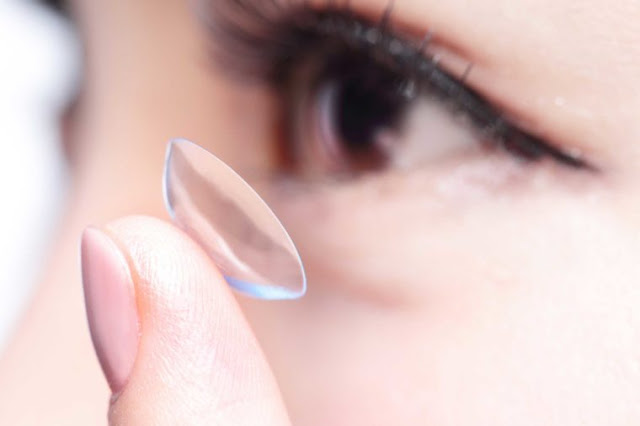It’s common knowledge that you shouldn’t drink out of the water bottle that you left in a hot car. But how recently have you checked its expiration date?
That’s right! Bottled water DOES expire. And while the reason why meat or dairy products have a sell-by date is pretty self-explanatory, you might be surprised that bottled water comes with a time stamp, too.
As it turns out, it isn’t the water quality you should be worried about; it’s the plastic that the water comes packaged in (usually polyethylene terephthalate (PET) for retail bottles and high-density polyethylene (HDPE) for water cooler jugs). After a certain point in its life, the plastic can begin leaching into the liquid, which affects its taste and could create a serious health hazard. The porous plastic can also cause the water to accumulate odors and other nasty accompaniments from outside. (This is why you should stay away from straws, too.)
Still, it’s unlikely that an “expired” (but unopened) bottle of water will do you much harm. And here’s why: the expiration dates are fairly arbitrary. The only reason they were put there in the first place was because of a 1987 New Jersey state law that required all food products to display an expiration date, according to Mental Floss. Since it wasn’t very cost effective to label and ship batches of expiration-dated water to one state alone, most bottled water producers just started giving every bottle a two-year sell-by date—no matter where it was going.
That said, New Jersey has since changed its law, and the U.S. Food and Drug Administration has never established any specific limitations on the shelf life of bottled water. Most producers have just kept it there for efficiency’s sake. So when all is said and done, you can sip that two-year-old bottle of water guilt-free. Just make sure you don’t drink water that’s been sitting overnight or longer.













